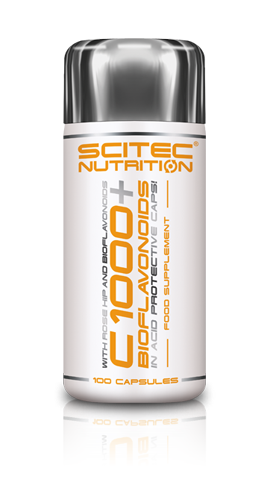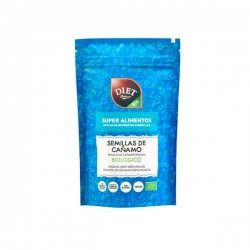Not only does this include a cheeseburger, a soda or some sweets after dinner. It also includes that glass (or two) of wine, beer or any other alcoholic drink.
Alcohol does affect your fitness, and it's important to know what it does to your body. If you still choose to have a few drinks, you should understand the potential effects.
The most outstanding thing to know, if you're in fact working out to lose weight, is that drinking alcohol is counterproductive to that. If you want to lose weight, one of the best things you can do is to stop drinking. Alcohol is an extra calorie; we can't process it or utilize it for energy, so it just packs on as weight.
Alcohol can affect you pre- and post-workout in different ways. This includes more than just potentially causing you to skip a workout, should you have those symptoms that come with an even slight-hangover.
Effects on Future Workouts
The biggest effect drinking has on future workouts involves hydration.
Alcohol is a diuretic, meaning it will cause you to lose excess water. Because of this, you don't absorb alcohol as well as a fluid. If you're more than 2 percent dehydrated when you start a workout, your performance isn't going to be as good as if you were fully hydrated.
Alcohol isn't the only thing that causes water loss, so this is even more important to remember during certain times of the year. The Institute of Medicine states: Prolonged physical activity and heat exposure will increase water losses and therefore may raise daily fluid needs.
In the summer months especially, alcohol before a workout can contribute to additional water losses that are often unavoidable due to high temperatures.
Metabolism
Alcohol is a toxin, and once consumed, your body works to metabolize it so it can remove it from your system.
Anytime we are ingesting a toxin, the liver has to neutralize it. It makes the liver work harder and has an effect on metabolism.
During the metabolizing process, your liver is depleted of glycogen, meaning your body has less glycogen stores.
The next morning after you have had a few drinks, you have less carbohydrate stores, so endurance tends to be lower. In addition to a lower amount of endurance, you're more susceptible to getting low blood sugar during athletic performance.
Because of this, Fear tells her athletes if they're going to have a couple of glasses of wine, don't do it the night before a long run or 5-hour bike ride. You want your body to be storing up as much glycogen as it can.
Effects on Muscle Recovery
When it comes to recovery, experts often reference dehydration once again.
Alcohol will slow recovery because your body operates as a unit, not a single system. According to Campos, when your liver is engaged and metabolizing the alcohol in your system, it can also engage your digestive system and kidneys—as they all work together—and affect recovery.
Overall Health
In addition to hindering muscle recovery and future workouts, alcohol also affects your overall health.
If you're drinking in the evening and are having multiple drinks, it can affect sleep. It affects your rapid eye movement sleep, which is where a lot of recovery happens. REM is where the immune system gets rejuvenated, so that could affect muscle synthesis.
You don't need to completely abstain from alcohol to lead a healthy lifestyle, but it's important to remember the potential downfalls the next time you reach for a drink.
























